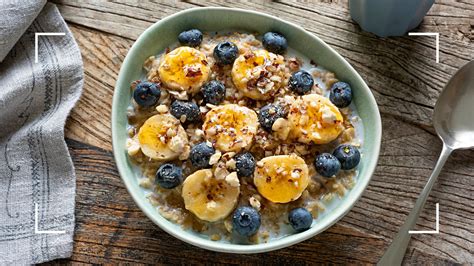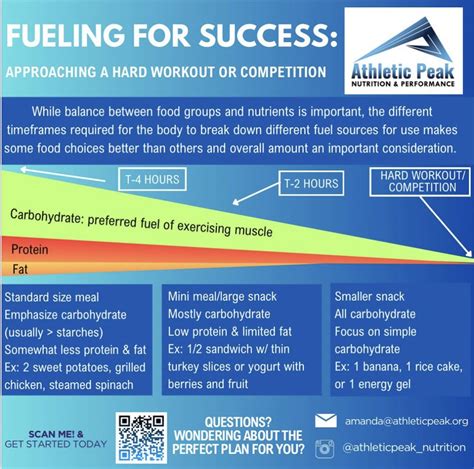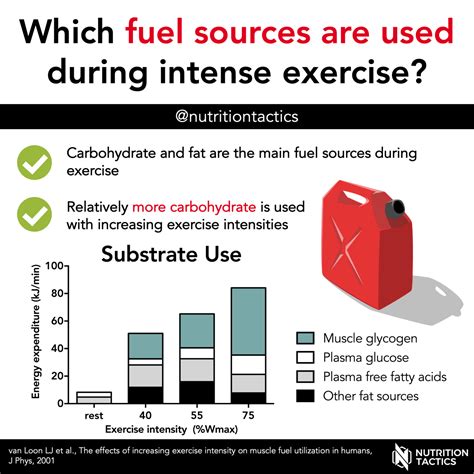In the quest for peak physical and mental performance, men often focus on macronutrients like protein, carbs, and fats, or popular vitamins. However, there’s an unsung hero lurking in the background, a micronutrient so fundamental to cellular function that its deficiency can silently sap energy and vitality. This critical element is magnesium, a powerhouse mineral essential for hundreds of biochemical reactions in the body, particularly those related to energy production.

Magnesium: The Unsung Hero of Cellular Energy
At the heart of every cell lies the mitochondria, often dubbed the “powerhouses” of the body. These tiny organelles are responsible for generating adenosine triphosphate (ATP), the primary energy currency that fuels virtually all cellular activities. Magnesium plays a non-negotiable role in this process. It acts as a co-factor for enzymes involved in glycolysis, the Krebs cycle, and oxidative phosphorylation—all crucial steps in ATP synthesis. Without adequate magnesium, the efficiency of energy production plummets, leading to pervasive fatigue and reduced cellular function.
Beyond ATP production, magnesium is also vital for nerve function, muscle contraction, blood glucose control, and maintaining strong bones. For men, whose active lifestyles often demand consistent energy and quick recovery, ensuring sufficient magnesium intake isn’t just beneficial; it’s imperative.

Why Magnesium is Crucial for Men’s Vitality
Men, in particular, can benefit significantly from optimal magnesium levels. Its role in muscle function is profound; magnesium helps muscles relax after contraction, preventing cramps and spasms, which can be particularly relevant for active individuals or those experiencing restless leg syndrome. Moreover, emerging research suggests a link between magnesium and testosterone levels. Adequate magnesium has been associated with higher levels of free and total testosterone, a hormone critical for muscle mass, bone density, and libido in men.
Furthermore, stress, a common companion in modern life, depletes magnesium stores. Since magnesium helps regulate neurotransmitters and promotes relaxation, maintaining healthy levels can also contribute to better mood regulation, reduced anxiety, and improved sleep quality—all essential components of men’s overall vitality and energy.

Recognizing the Signs of Deficiency
Despite its critical roles, magnesium deficiency is surprisingly common, often going undiagnosed because symptoms can be subtle and mimic other conditions. Early signs include fatigue, muscle weakness, cramps, restless legs, loss of appetite, and nausea. As deficiency progresses, symptoms can worsen to include numbness, tingling, abnormal heart rhythms, and even seizures. Chronic low magnesium has also been linked to an increased risk of chronic diseases such as type 2 diabetes, high blood pressure, and osteoporosis.
Factors contributing to deficiency can include inadequate dietary intake, certain medications, excessive alcohol consumption, and conditions that impair nutrient absorption. Therefore, understanding and addressing dietary sources is paramount.

Top Dietary Sources for Optimal Magnesium Intake
Fortunately, nature provides an abundance of magnesium-rich foods that can easily be incorporated into a daily diet. Prioritizing these can help ensure men meet their daily requirements and support robust cellular energy:
- Leafy Green Vegetables: Spinach, kale, collard greens, and Swiss chard are excellent sources.
- Nuts and Seeds: Almonds, cashews, peanuts, pumpkin seeds, chia seeds, and flaxseeds are packed with magnesium.
- Legumes: Black beans, kidney beans, and lentils offer a significant amount.
- Whole Grains: Brown rice, oats, and whole wheat bread are good contributors.
- Avocado: A versatile and healthy fat source that also provides magnesium.
- Dark Chocolate: A delicious treat that’s surprisingly rich in magnesium (opt for 70% cocoa or higher).
- Fatty Fish: Salmon, mackerel, and halibut contain magnesium along with omega-3 fatty acids.
Incorporating a variety of these foods daily is the best strategy to maintain optimal magnesium levels without needing supplements, though supplementation might be necessary for some individuals under medical guidance.

Conclusion: Fueling Men’s Health, One Micronutrient at a Time
Magnesium may not always grab the headlines, but its role as a fundamental cellular energy fuel, especially for men, cannot be overstated. From powering muscle contractions and maintaining hormonal balance to supporting mental well-being and mitigating stress, magnesium is a cornerstone of men’s vitality. By consciously including magnesium-rich foods in your diet, you can unlock a deeper reservoir of energy, enhance physical performance, and contribute significantly to long-term health, ensuring that this often-overlooked micronutrient is finally given the recognition it deserves.




